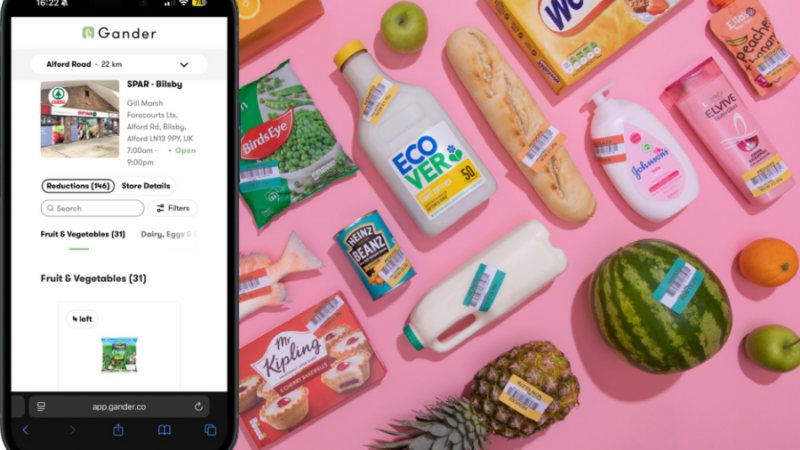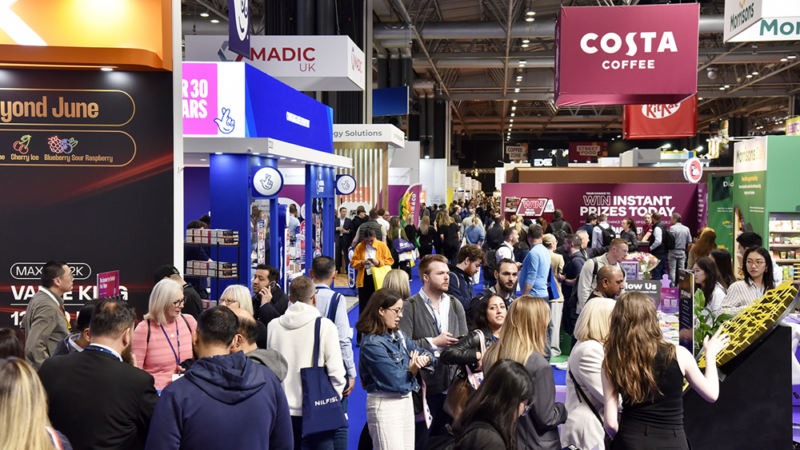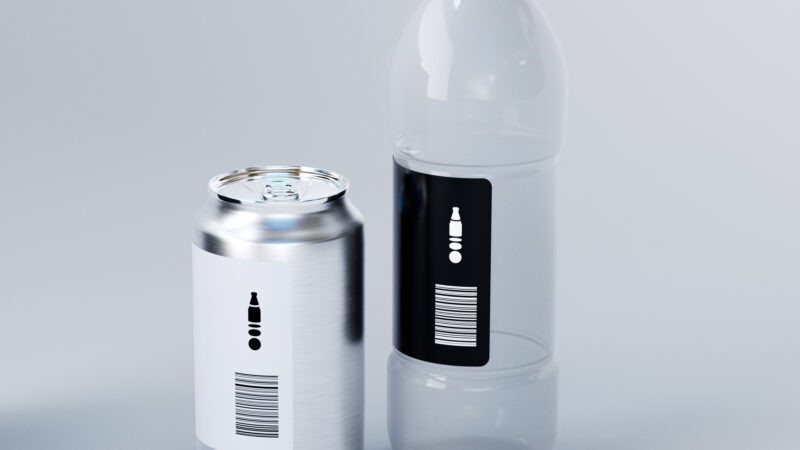Retail sector hard hit by summer downturn
July saw a large fall in new orders and exports, with retail seeing the biggest slump, followed by the manufacturing sector.
Customer demand continues to drop while inflation is leading to further sharp reductions in output by businesses, according to Ulster Bank’s purchasing managers’ index (PMI), produced by S&P Global.
New orders were down and inflation rates remain high despite some easing but there was another rise in employment.
According to the report, the business activity index dropped to 41.9 in July, where 50 means no change, down from 42.9 in June, revealing a “sharp contraction” in output.
Retail posted the fastest decline in activity, followed by construction and then manufacturing, according to the report.
“Where output decreased, respondents linked this to the impact on demand of sharply rising prices,” the survey said.
“This also resulted in a third successive fall in new orders, with the latest decline the fastest in a year-and-a-half.”
Richard Ramsey, chief economist with Ulster Bank in Northern Ireland, said “storm clouds continue to gather” in relation to the economy.
“Outside of the Covid pandemic and lockdown restrictions, July’s rate of decline in business activity was the steepest since November 2012,” he said.
“Declining market demand is attributed to rising prices. And while the rates of input cost and output price inflation are easing, they remain elevated.
“Perhaps unsurprisingly, given the cost-of-living crisis, retail recorded the steepest declines in sales and orders,” Mr Ramsey said.
“Retail sales have plunged over the last three months and retailers expect sales to be broadly unchanged (i.e. at these lower levels) in 12 months’ time.”
Respondents stated higher fuel prices are leading to increased transportation costs, while they also report rising wages. Employment increased again, continuing a run of 17 months.






